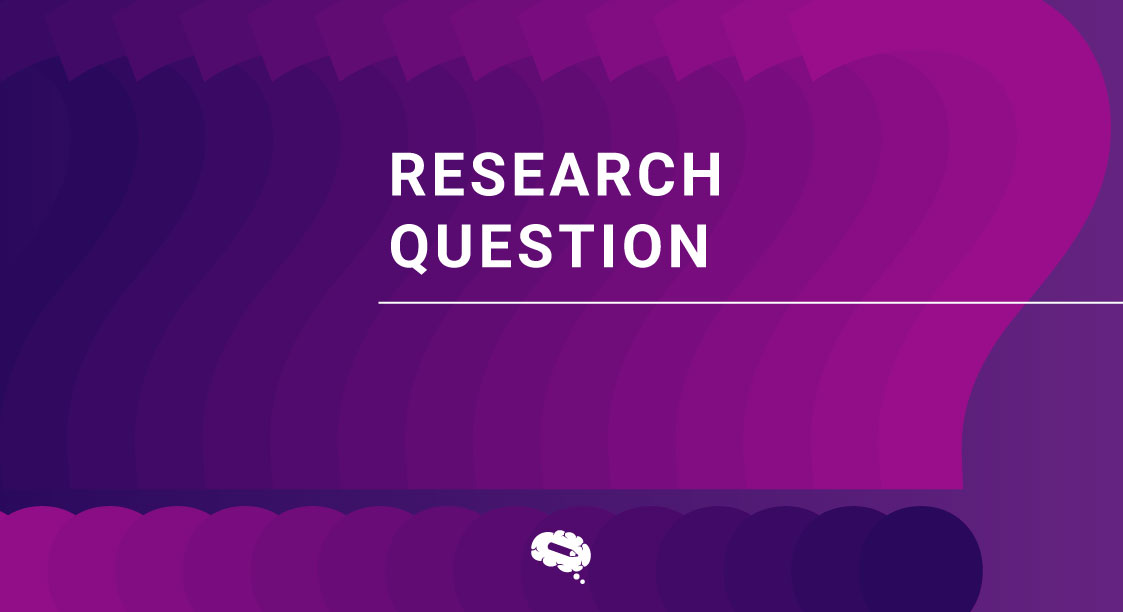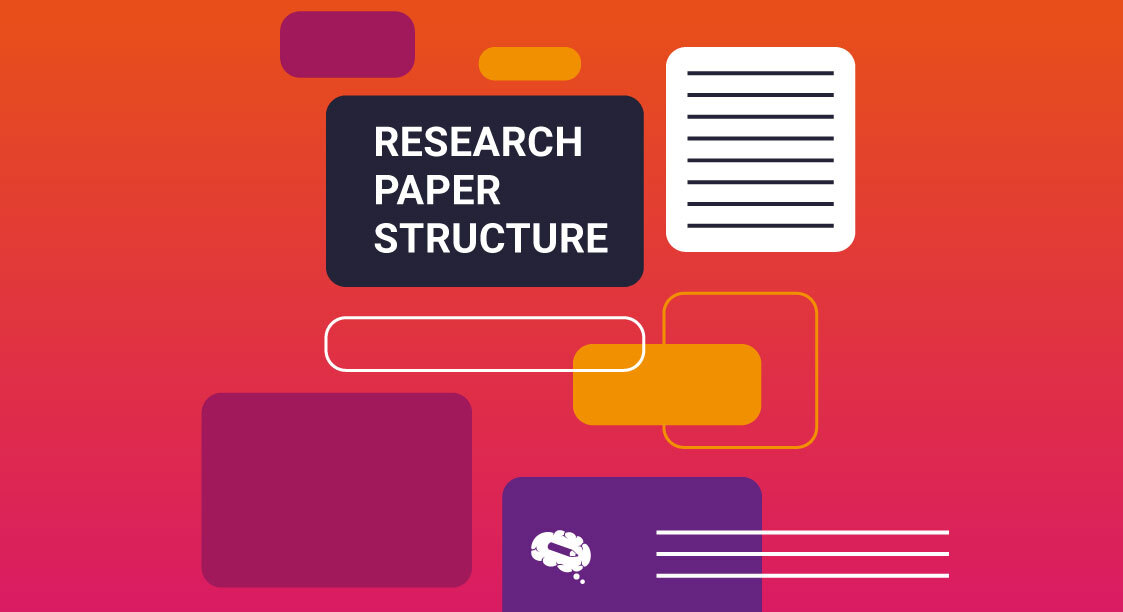A good research question is required for any research to offer direction and purpose. It will assist you in determining the type of information to gather, the methods to utilize for data analysis, and the resources to examine.
Coming up with the appropriate research question can be extremely difficult for everyone. This is not a skill that comes naturally; rather, it is something that must be studied and learned.
As the saying goes, practice makes perfect.
This article intends to provide you with important information on crafting the right research questions by providing you with a step-by-step guide with examples.
What is a research question?
A research topic is a specific problem, issue, or phenomenon that a research study attempts to examine. It is an important part of the research process since it guides the study design and methods while also ensuring that the research is targeted and relevant. It should be a clear, focused, and short statement.
Typically, research questions are established following a literature review to discover gaps in current knowledge or to validate the necessity for more study in a certain field. They may be adjusted and altered when new information is exposed during the research process, but they must stay focused on the underlying topic or problem being examined.
What is a strong research question?
A strong research question is a targeted inquiry that defines a problem, topic, or issue to be explored and it should describe the important concepts or variables to be studied in a research. A strong research question has to be:
- Feasible: The research question should be empirically feasible. This implies that the question should be answerable through data collecting and analysis, utilizing quantitative and/or qualitative data, or by reading scholarly literature. If such information is unavailable, you should reconsider your question;
- Interesting: The research question should be intriguing to both the researcher and the larger academic community;
- Specific: The research question should be specific, short, and targeted. It should be detailed enough to lead the research process and limit the scope of the research;
- Focused: A focused research question is crucial as it ensures that resources are used efficiently, offers clear direction for the research project, and contributes to the production of meaningful results that are relevant to the subject of research.
- Relevant: The research question should be pertinent to the subject of study and address current and pressing problems;
- Ethical: The study question must be ethical, which means it must not cause harm or violate the rights of any persons or organizations.
Types of research question
Descriptive
These questions are designed to describe a specific phenomenon, circumstance, or group. They are frequently used to collect basic information on a subject, such as its frequency, distribution, or characteristics.
Example: What are the characteristics of individuals who use public transportation in a large urban area?
Exploratory
These are questions designed to assist you in understanding more about a subject. The goal of asking an exploration question is to learn more about a topic without bias or prior preconceptions.
Example: What impact does personal technology have on today’s youth?
Comparative
These questions aim to find similarities, differences, or correlations between two or more groups, phenomena, or variables. Comparative research questions are frequently used to investigate the impact of multiple interventions or treatments, as well as to compare the features or results of different groups or populations.
Example: What are the disparities in depression rates between male and female teenage populations in urban and rural areas?
Relationship-based
Relationship-based research questions are a form of research question that focuses on investigating the relationships and links between different variables, ideas, or occurrences. These research questions attempt to explore the connections and interactions of many components, as well as to uncover patterns and trends in the data.
Example: What is the relationship between teenage social media use and self-esteem?
Predictive
Predictive research questions are research questions that attempt to predict the probability of a specific occurrence or outcome based on the connection among several variables or circumstances. In domains such as economics, psychology, and epidemiology, these types of questions are frequently used to construct models and hypotheses that might assist foresee future trends or behavior.
Example: What is the likelihood of consumers purchasing a product after seeing it promoted by a celebrity?
Evaluative
Evaluative research questions are a form of research question that focuses on determining the efficacy, influence, or worth of a certain intervention, program, policy, or practice. These research questions attempt to ascertain the extent to which a certain intervention accomplished its intended goals or results, as well as to discover any unintended consequences or bad impacts.
Example: What effect does a new medicine have on lowering the symptoms of a certain medical condition when compared to normal treatment?
Steps on writing a good research question
| STEP | EXAMPLE |
|---|---|
| 1. Identify the general topic. | Healthcare. |
| 2. Conduct a literature review. | Examine existing studies on the usage of remote medicine. |
| 3. Narrow your focus and develop a precise research question that addresses a gap or problem in the latest research. | What are the limitations of adopting remote medicine, and how might it improve access to healthcare compared to conventional medicine? |
| 4. Determine the type of your research question. Descriptive, exploratory, comparative, relationship-based, predictive, or evaluative. | Comparative: comparison between remote medicine and conventional medicine. |
| 5. Evaluate the research question’s scope and viability. | Is the research question viable given the resources and time available? Is it possible to get data on this subject? |
| 6. Write the research question in simple words. | In terms of availability, affordability, and quality of care, how does remote medicine compare to conventional medicine? |
| 7. Explore the research’s question with colleagues and mentors, or undertake a preliminary study. | Explore the research question with others to obtain their opinions on its relevance and feasibility. Conduct a pilot research to evaluate the research methods and, if required, revise the research question. |
Add visual impact to your posters with scientific illustrations and graphics
Mind the Graph helps you to convey the significance of your research, making sure you’re including the right graphics and illustrations to make your poster even more successful. The correct visuals will emphasize your key findings and implications for a simple comprehension.

Subscribe to our newsletter
Exclusive high quality content about effective visual
communication in science.






